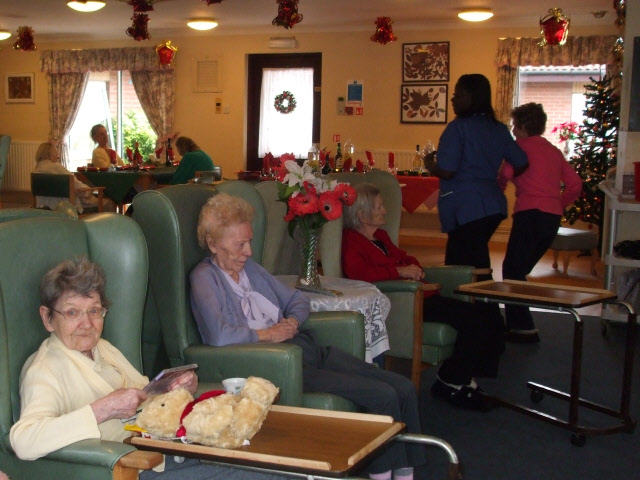If you have a loved one in a nursing home who has been diagnosed with dementia, you may want to read closely. A recent article in The Tennessean reported that antipsychotic drugs are being overused in nursing homes and assisted-living facilities, particularly for patients who have been diagnosed with dementia. While we don’t immediately think about medication practices when considering nursing home abuse, widespread antipsychotic drug use in certain nursing home patients is startling.
How Widespread is ‘Off-Label’ Use?
State statistics vary for nursing home use of antipsychotics. In Tennessee, nearly 30 percent of current long-term nursing home residents receiving care are treated with antipsychotic medications, while the national average is still a large 23.8 percent. The Hartford Courant recently reported that a local Connecticut nursing home was found prescribing antipsychotic drugs to two-thirds of its long-term residents without medical diagnoses that would require the use of these medications. This is called “off-label” use, and some health officials worry that dementia patients are being treated with antipsychotics to control their erratic behavior “instead of treating their dementia symptoms through non-pharmacologic therapy.”
 California Nursing Home Abuse Lawyer Blog
California Nursing Home Abuse Lawyer Blog
















